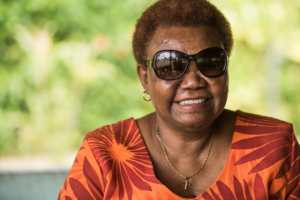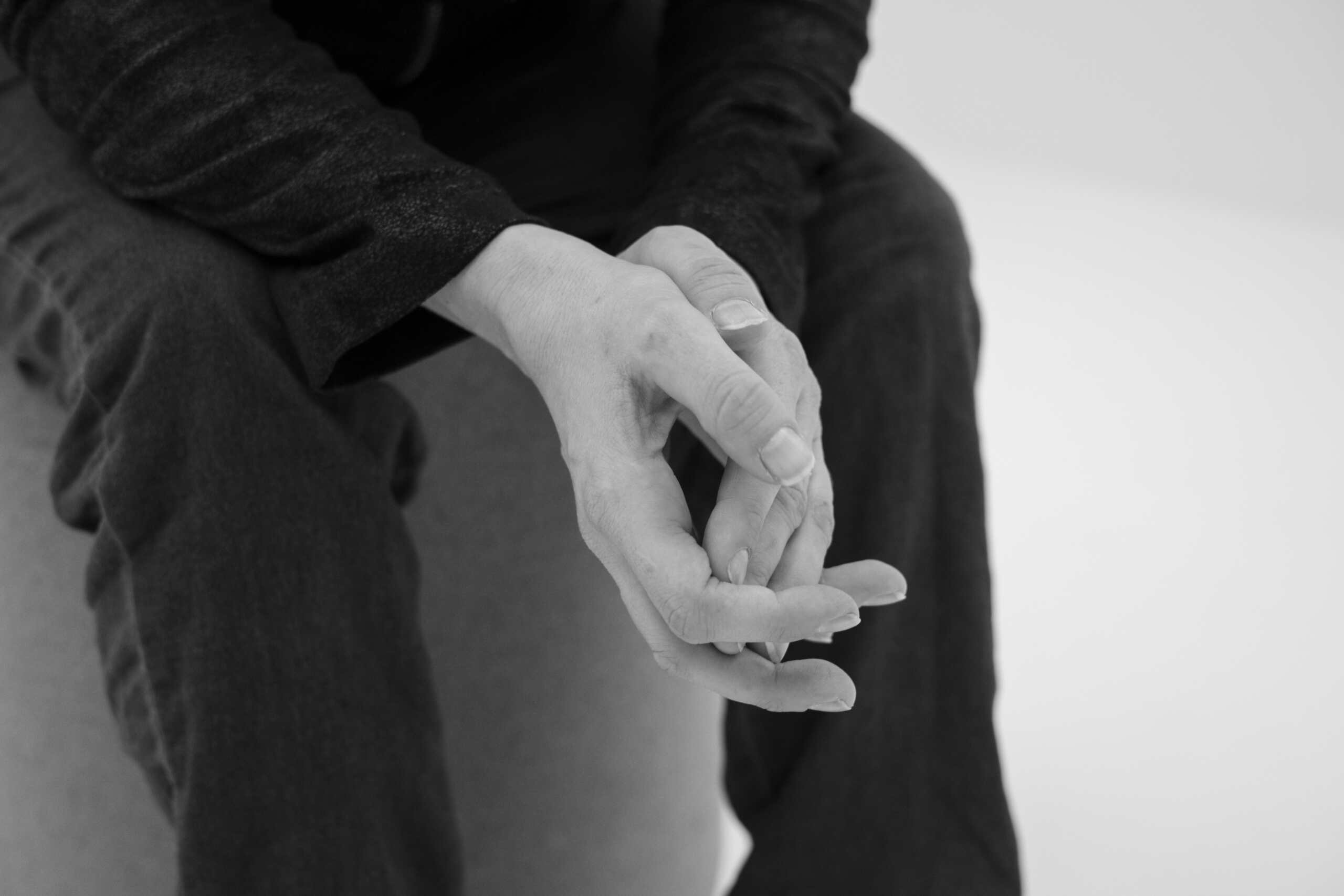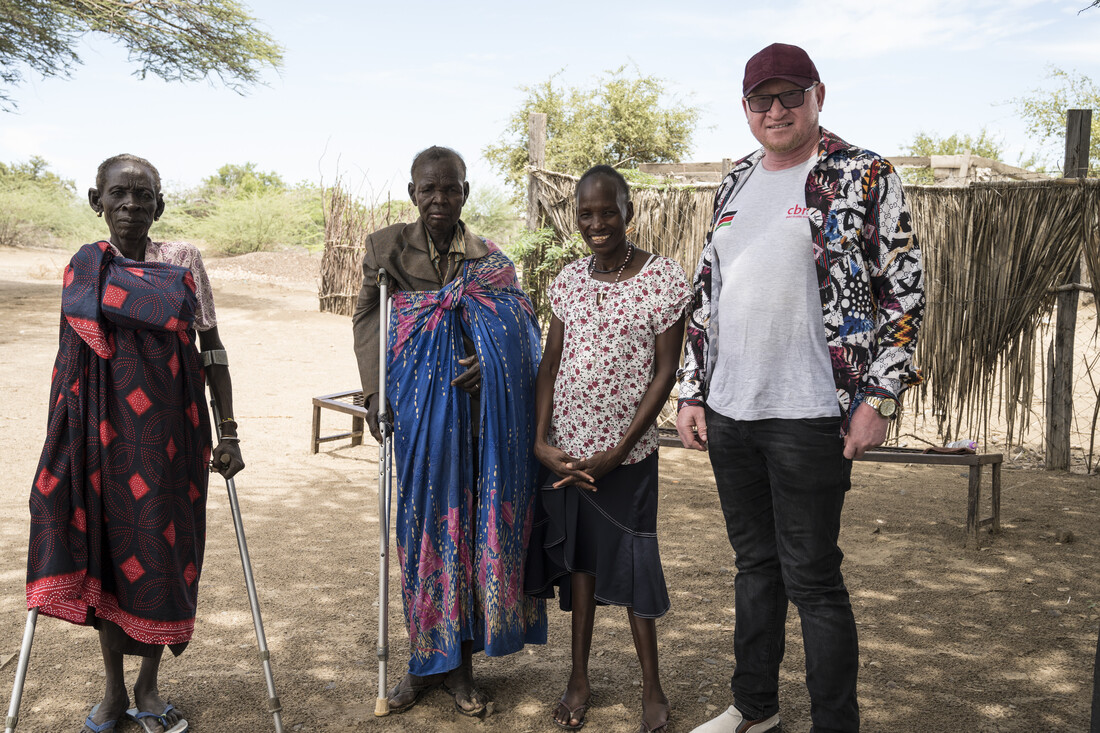International Day of People with Disabilities 2017
Pacific, Stories | June 25, 2024
Globally, one billion people have a disability, and 80 per cent live in developing countries. In developing countries, women comprise three quarters of people with disabilities. Women and girls with disabilities are disproportionately represented and are often the furthest left behind.
To mark International Day of People with Disabilities (IDPD), CBM Australia has created a video to highlight their unique experience, the contributions they have to make, and the importance of including women and girls with disabilities in all development efforts.
View the text transcript of the video
Meet Nelly from Vanuatu; a leader, an advocate and the National Coordinator of Vanuatu Disability Promotion and Advocacy Association (VDPA) – the national Disabled People’s Organisation.
“I’m happy that I am a woman with disabilities and I am a leader…I’m not only advocating for me, but for my members as well.”

However, this is not common.
“In Vanuatu, you hardly see women with disabilities leading different organisations. It’s really hard because of the barriers they face.”
Women and girls with disabilities face multiple layers of discrimination; creating barriers which stop them from achieving their full potential.
“Women with disabilities face double, and most times triple discrimination, because they are a woman, and they have a disability, and the abuses they face or the discrimination they face in society.
“When you come out from your house and someone is staring at you, its discrimination already and you feel like you’re not part of the community – that’s what our women and girls with disabilities are facing in the community.”
Women and girls with disabilities are often hidden away by families, excluded from decision-making – even about their own bodies – and are less likely to attend school than girls without disabilities. In developing countries just 32.9 per cent of girls with disabilities complete primary school.
“Most of our women and girls [with disabilities] have not had education, they are left at home.”
Without education, it makes securing formal employment far more difficult, especially when many women and girls with disabilities are unaware of their rights.
“Most women with disabilities, they are volunteers – they do work without any pay and we always advocate for their rights. If this lady did the same work as a woman without disability, you need to pay her the same amount.
“Women and girls with disabilities should know their rights. They need to know they have the same rights as anyone else. They have to be empowered and live as anyone else.”
The United Nations (UN) theme for International Day of People with Disabilities this year is: Transformation towards sustainable and resilient society for all. It draws attention to the changes that must be made to ensure the 2030 Agenda – which aims to leave no one behind – can be realised. As former Secretary General of the UN, Ban Ki-moon stated:
“To be truly transformative, the post-2015 development agenda must prioritise gender equality and women’s empowerment. The world will never realise 100 per cent of its goals if 50 per cent of its people cannot realise their full potential.
“Without including women and girls with disabilities in all development efforts, the inclusive world envisioned by the 2030 Agenda cannot be achieved, and women and girls with disabilities will continue to be furthest left behind.
“We need to work towards a society that is inclusive, barrier-free and rights-based for all. Women with disabilities need to become leaders for tomorrow. We are agents of change.
“If more women with disabilities are taking leadership positions and advocating for the rights of women and girls with disabilities, and all people with disabilities, I believe that we will not leave anyone behind. Include us!”
https://www.cbm.org.au/stories/international-day-of-people-with-disabilities-2017
Related Stories

Week 7 – Lent Series 2025
A solidarity of love, relationship and sacrifice. A solidarity that is profound and astounding. As we draw near to Good Friday, we remember Jesus’ love and...

Week 6 – Lent Series 2025
Solidarity Leads to Partnership Partnership with people with disabilities is working alongside them to build an inclusive and accessible world. CBM Australia works to improve the...

Week 5 – Lent Series 2025
Solidarity: Seeking to Listen and Understand Action that is taken in solidarity finds its origins in listening. Jesus’ actions and ministry flowed out of relationship and...
